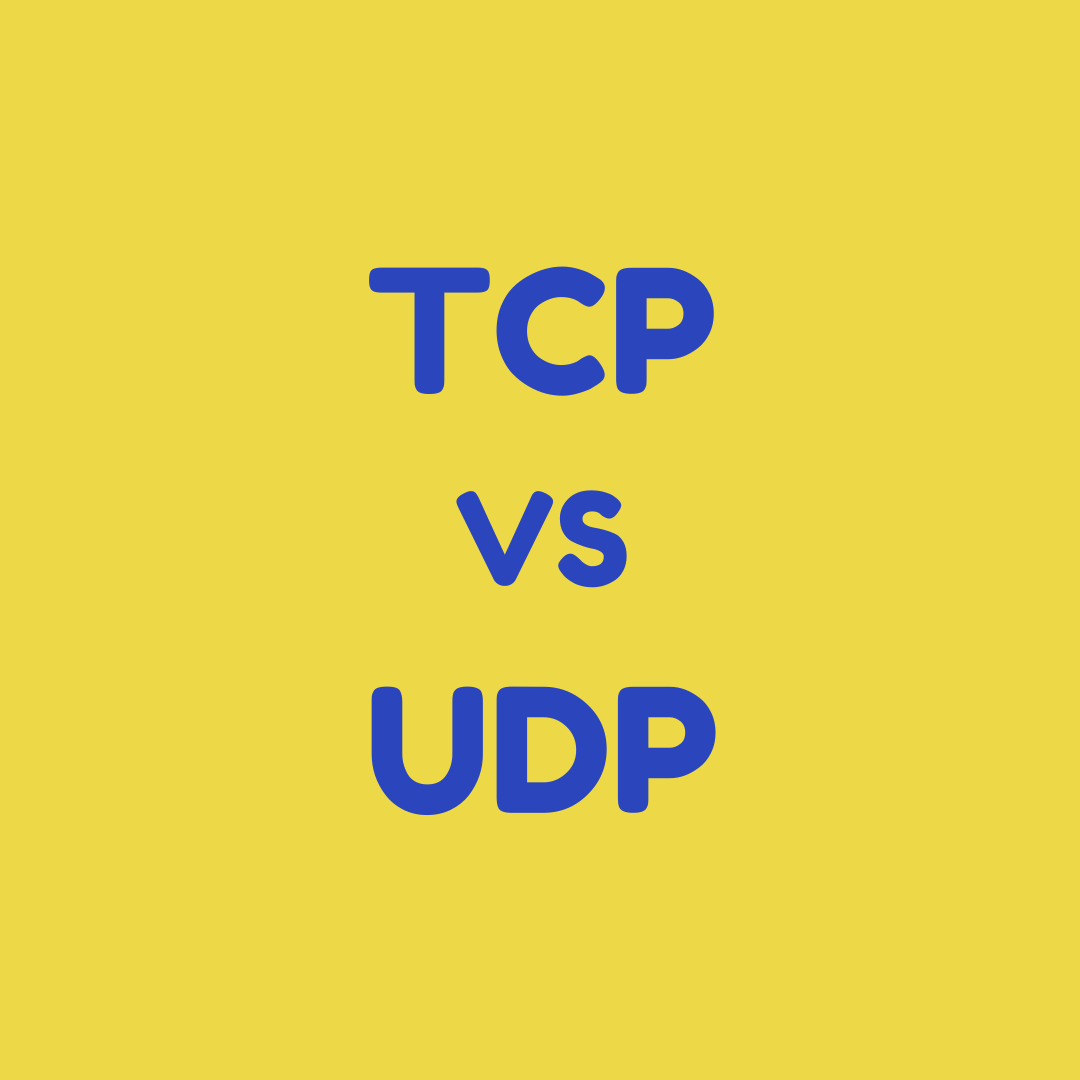Understanding TCP vs UDP Protocols

In the intricate web of network communications, understanding and utilizing the right protocols are foundational to achieving optimal performance. TCP (Transmission Control Protocol) and UDP (User Datagram Protocol) are the linchpins of this domain, each serving distinct but critical roles in data transmission. This exploration not only demystifies TCP and UDP but also introduces how Akmatori's Globally Distributed TCP/UDP Balancer can revolutionize your network's functionality.
The Technical Foundations of TCP
TCP is the bedrock of reliable network communication, designed to deliver data packets precisely and sequentially. As a connection-oriented protocol, its operation is akin to a telephone conversation, establishing a clear line of communication before any data exchange.
In-Depth Technical Aspects of TCP:
- Reliable Transmission: TCP's error detection and correction capabilities ensure that every packet reaches its destination correctly and in order.
- Connection Establishment: A robust three-step handshake process (SYN, SYN-ACK, ACK) is crucial for setting up a reliable connection.
- Flow and Congestion Control: TCP's flow control mechanism adjusts the data transfer rate based on the receiver's capacity, while congestion control algorithms (e.g., Slow Start, Congestion Avoidance) dynamically modulate traffic flow to mitigate network congestion risks.
- Ordered Data Transfer: A sequence number is assigned to each byte, ensuring data is reassembled in the correct order at the destination.
The Efficiency of UDP in Data Transmission
UDP stands out for its simplicity and efficiency in scenarios where speed trumps reliability. Its connectionless nature facilitates quick exchanges without the overhead of establishing and maintaining a connection.
Deeper Insights into UDP:
- Streamlined Operation: With no handshake or error recovery, UDP minimizes delay, making it ideal for time-sensitive applications.
- Flexibility in Broadcast and Multicast: UDP easily supports broadcasting, sending messages to multiple destinations simultaneously, enhancing efficiency for certain applications.
- Use Cases: Perfect for live streaming, VoIP, and online games, where occasional packet loss is preferable to delay.
Strategic Choice Between TCP and UDP
The decision to use TCP or UDP hinges on your application's specific needs:
- Opt for TCP when your application demands high reliability, such as in financial transactions, email communications, and critical file transfers.
- Choose UDP for applications where speed and efficiency are paramount, and the application can tolerate some loss of data, such as in streaming and real-time gaming.
Elevating Network Performance with Akmatori
Navigating the complexities of TCP and UDP in dynamic network environments demands sophisticated solutions. Akmatori's Globally Distributed TCP/UDP Balancer is engineered to maximize network efficiency, offering unparalleled load balancing and traffic management capabilities.
Advanced Features of Akmatori's Balancer:
- Sophisticated Load Balancing: Akmatori intelligently distributes traffic among servers based on current load, ensuring optimal resource utilization and minimizing response times.
- Global Traffic Management: Leveraging a global distribution network, Akmatori ensures your data takes the fastest route possible, significantly reducing latency.
- Protocol Versatility: With seamless support for both TCP and UDP, Akmatori provides a unified solution for managing diverse network traffic, ensuring your infrastructure can handle any scenario with ease.
- Enhanced Reliability: Automatic failover and real-time health checks keep your services running smoothly, automatically rerouting traffic away from troubled spots to ensure constant availability.
Deepening Understanding Through Case Studies
Imagine a scenario where a popular gaming platform experiences sporadic outages and slow load times during peak hours. By integrating Akmatori's TCP/UDP Balancer, the platform could dynamically distribute incoming game connections across its global server network, significantly reducing lag and preventing outages by rerouting traffic from overburdened servers.
Similarly, a financial services company relying on TCP for secure transactions could leverage Akmatori to ensure consistent uptime. Even during network attacks or server failures, Akmatori's intelligent failover mechanisms would maintain service continuity, securing client trust and safeguarding financial data.
